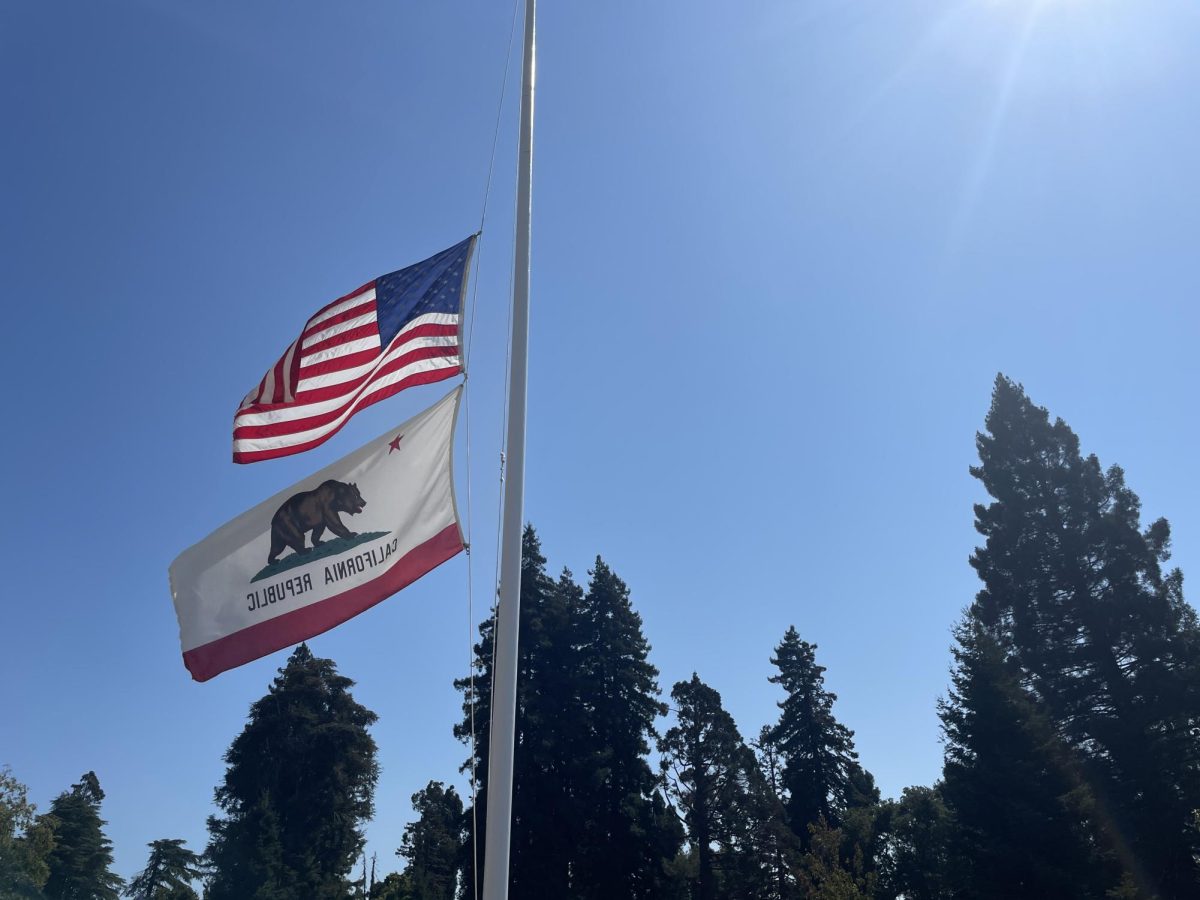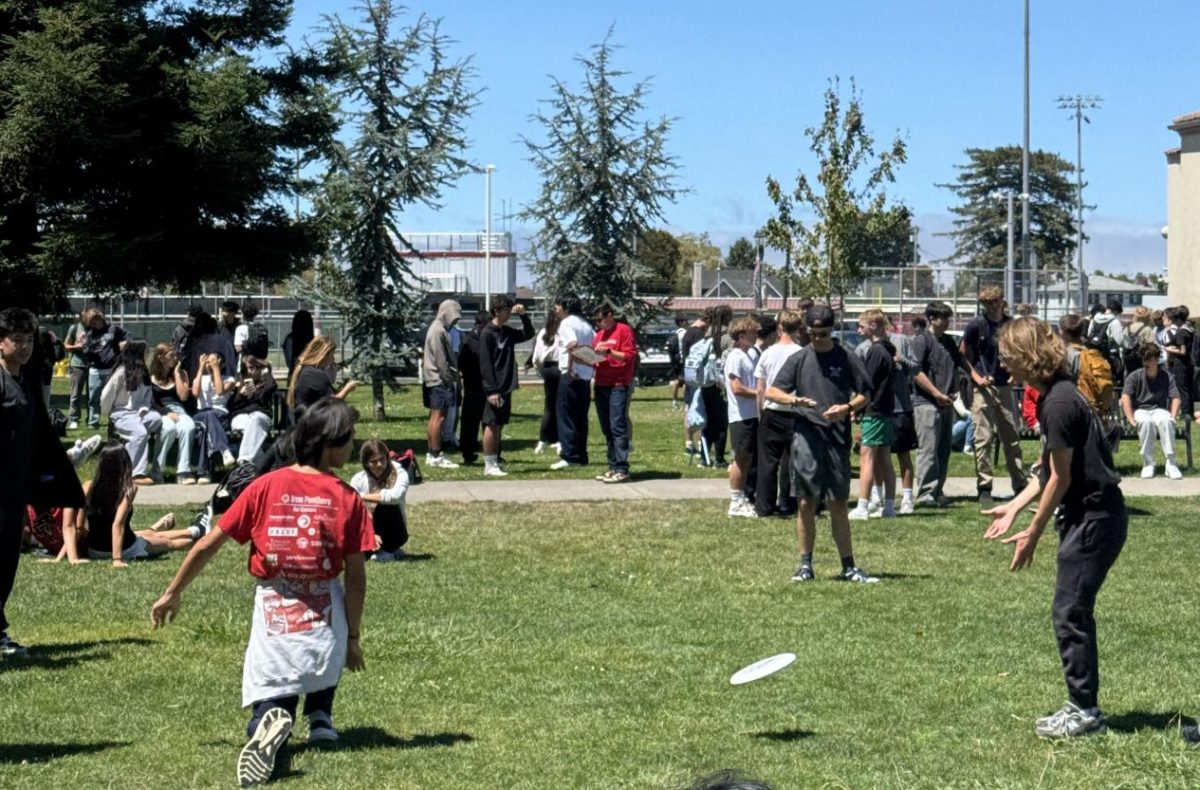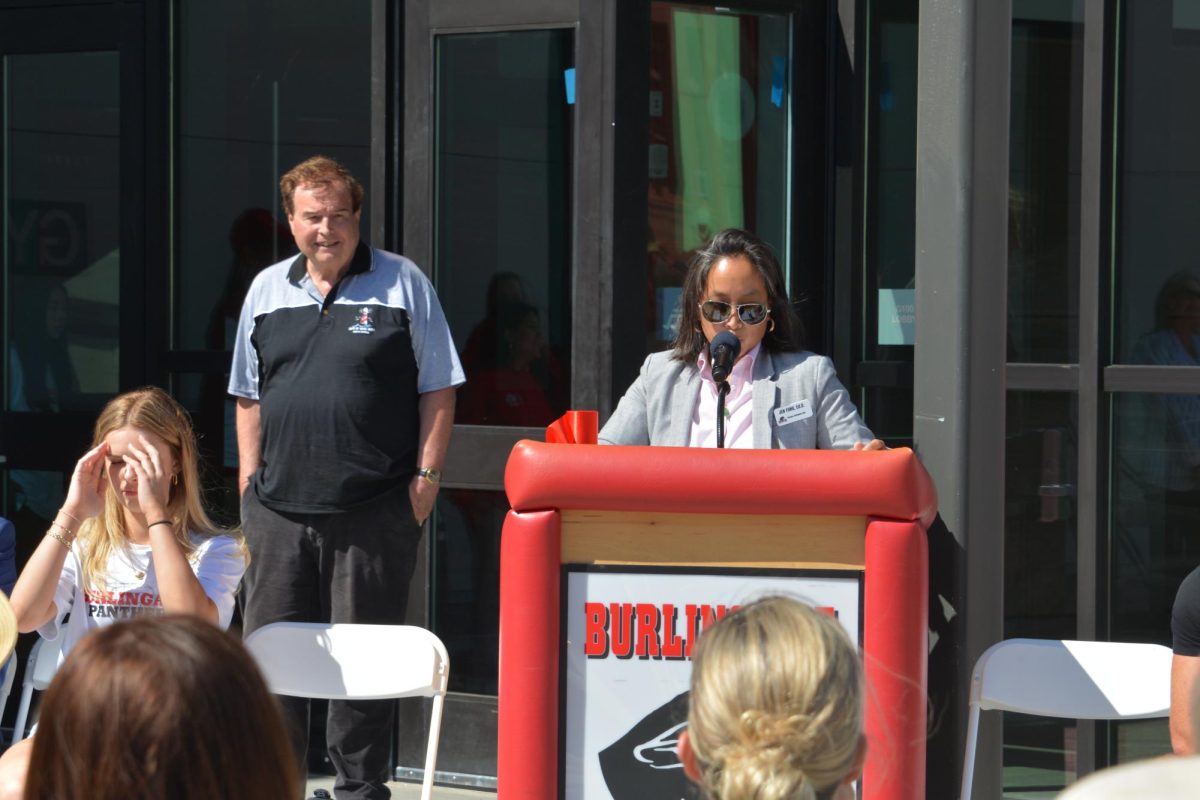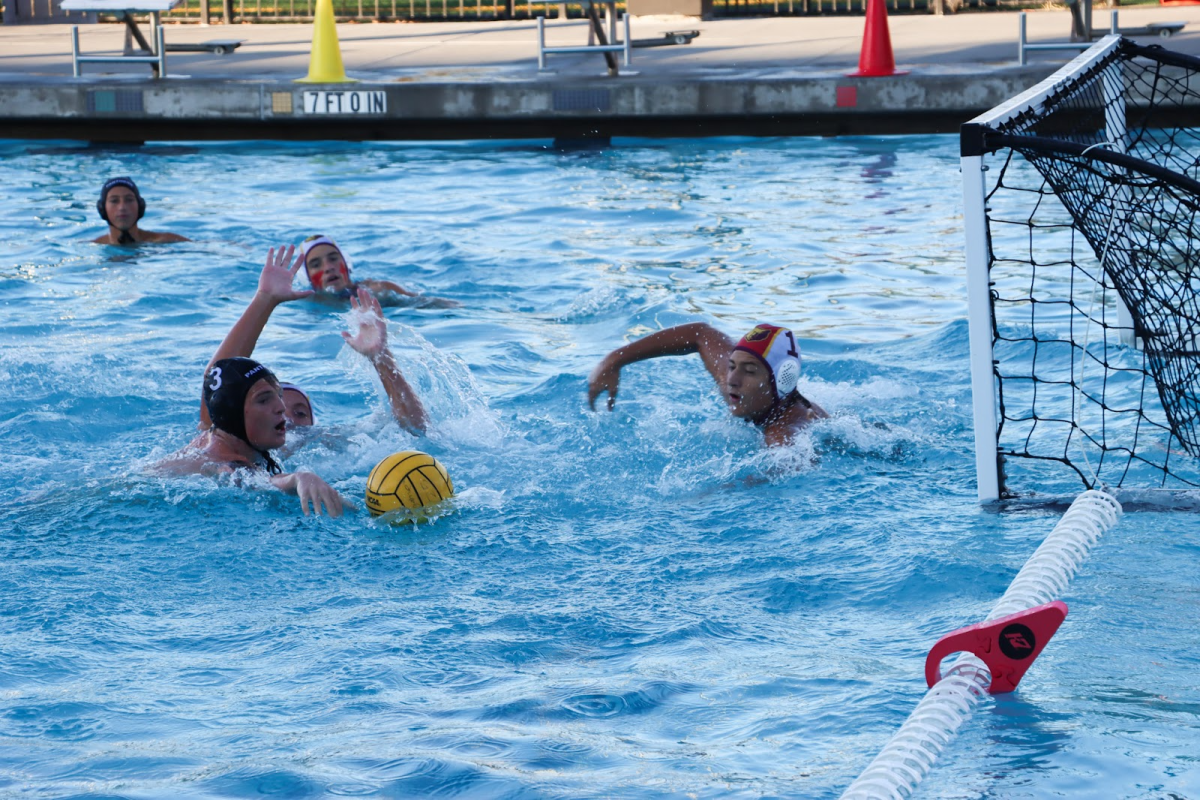Students often take extra summer classes to advance more quickly, wanting to quickly get through prerequisites and take challenging AP courses, what seems like an impressive gold star on college applications.
Burlingame’s school counselors generally do not recommend taking extra summer courses, and trying to fit a whole year’s worth of curriculum into a few short weeks. It’s true, retaining information is difficult with such a fast-paced course, and developing a strong foundation of knowledge is especially important on math and science courses that heavily build on prerequisites. For many, a rushed summer school course is a nightmare, weeks spent trying to cram, when the true answer for productive learning is simple: time. However, for others, it is the complete opposite.
“I felt it was easier than class we take at school. Maybe it is because the summer class moves fast and we get less homework. Since I’m a type of person who doesn’t really improve by doing homework, I liked summer class more which does not waste my time,” sophomore Mizuki Yasuda said.
Yasuda is pleased with her experience with taking Algebra II this past summer. Like others, she feels that sitting through repetitive review sessions is pointless for those who need little practice to understand material. Fast summer classes seem like a wish come true, in contrast to sitting through classes during the school year that crawl at a slow pace. However, Yasuda makes it clear her learning style is not identical to everyone else’s.
“I recommend [taking courses over the summer to] students who can learn quickly and are comfortable with having less homework or practice. People need to be confident about the subject they are going to take for summer school. I was confident that I can pass the Algebra II class because math is my favorite subject,” Yasuda said.
However, for others, these short classes don’t allow for full comprehension.
“I don’t really remember much about what I learned in Geometry,” sophomore Laurie Tang said.
Tang took Geometry the summer before freshman year.
“I thought it would be nice to get ahead; it would look good for colleges,” Tang says. Her motives for taking Geometry is representative of countless others’. However, it seems that taking these extra summer courses is only a good fit if an individual’s learning style is fast and more independent. And the big question remains: do colleges care about it?
According to the Princeton Review, colleges care about a balance between taking difficult classes, and also participating in extracurriculars. Taking difficult classes adds to a college application, but is not the only pathway.
“Colleges just want to see well rounded people who are going to make a good addition to their campus, whether it’s through extra classes or volunteering or working,” BHS College and Career Counselor Jonathan Dhyne said.
If one’s learning style permits it, taking those extra classes is extremely beneficial. However, these summer classes are not a one-size fits all, and some individuals are only sabotaging themselves by taking them. Moreover, participating in other extracurriculars may just be just as beneficial. Ultimately, choosing the right option is dependent on knowing one’s own learning style.










































